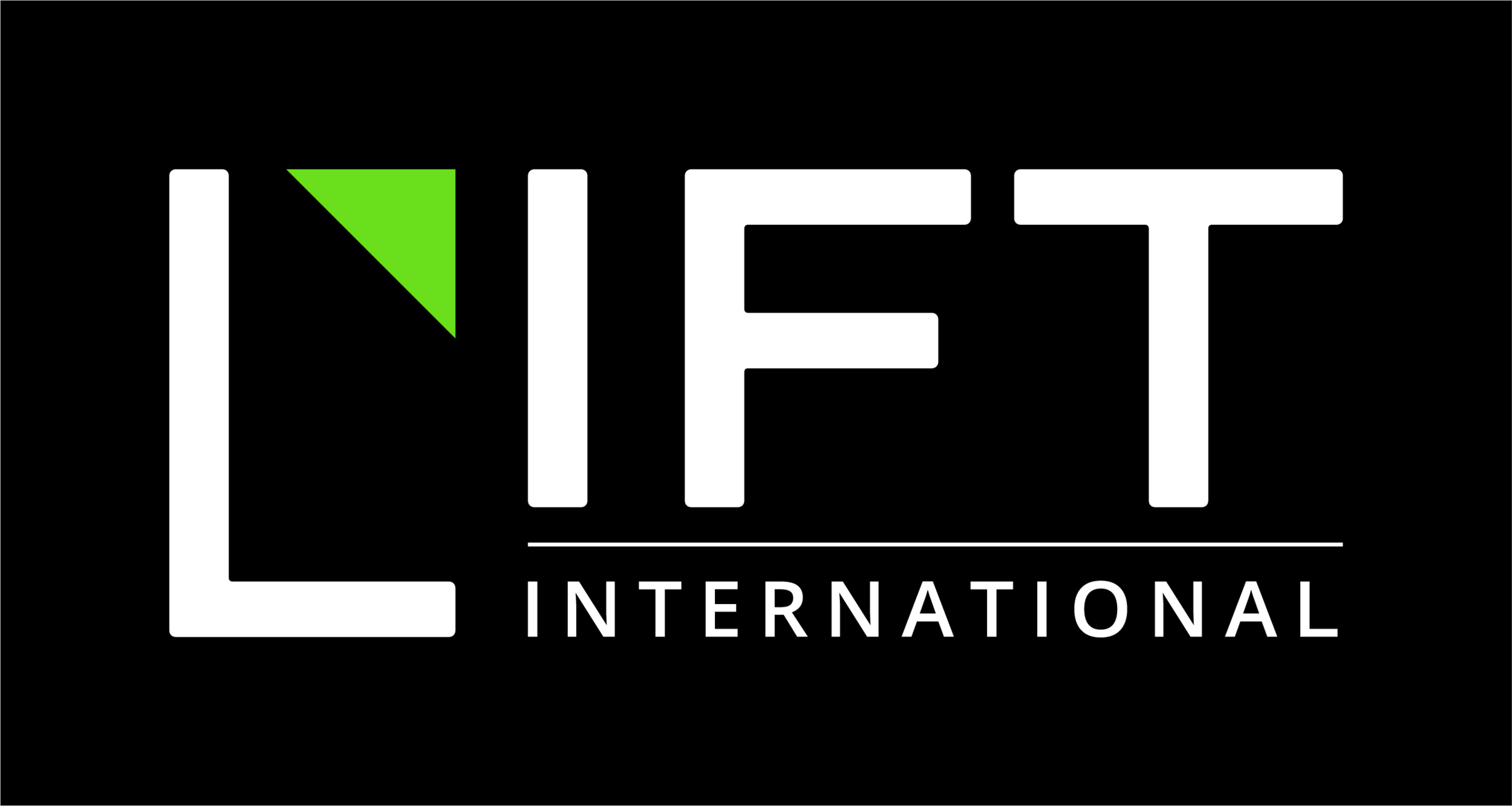The Work of Justice
Police Lieutenant Colonel Chayanan Meudon, Provincial Public Prosecutor attached to the Office of the Attorney General
In his thirteen years as a public prosecutor, Police Lieutenant Colonel Chayanan Meudon has seen a lot of changes in Thailand’s judicial system. As the Provincial Public Prosecutor attached to the Office of the Attorney General, he was one of the first to prosecute a human trafficking case in Thailand five years ago, that’s when LIFT started working with him. When we say that LIFT “strengthens justice systems,” we mean that we exist to support the work of the government, and offices like the public prosecutor’s, in seeking justice for victims of human trafficking and sexual exploitation. Public Prosecutor Meudon is an important partner in our work. His personal commitment to justice for victims of human trafficking is just part of his lifelong commitment to uncovering the truth.
Growing up, Meudon liked to ask questions and always asked his elders why. His grandmother told him that he should be a lawyer when he grew up, and that always stuck with him. He worked and studied hard, first for a bachelor of law, then to be a police officer and, finally, for the barrister exam. While he worked as inquiry police, he observed that the most important person in the judicial process is public prosecutor. He liked that prosecutors get to choose the most important witness or evidence. He saw the role of the prosecutor as getting to present the truth of the case. That motivated him to study for the job, and he eventually became a public prosecutor and moved to Chiang Mai for his current role. He prosecutes both civil and criminal cases, and, in the last five years, he has worked on some of Thailand’s first anti-trafficking cases.
In Thailand, there are three separate organizations that must work together on human trafficking cases — the police, the public prosecutor’s office, and the court. The duties are separate: police have to investigate and collect evidence to send to the public prosecutor, the prosecutor then has to consider whether it’s a human trafficking case or not and the court has the duty to convict and punish. LIFT assists in making sure that this collaboration happens for the benefit of our survivor clients.
LIFT Attorney Wiliyasinee (Pik) Rinya with Provincial Public Prosecutor Meudon
Seeking convictions for traffickers and for networks that benefit from the exploitation of others is a new area of caselaw for Thailand. Meudon remembers asking LIFT’s attorney Pik to be a co-plaintiff in that first case. Developing a whole new system has taken coordination between the government and organizations that serve human trafficking survivors. For that first case, everyone was getting to know each other. The victim, LIFT’s client, was in severe distress having to testify and go through the court process. She didn’t trust the process at first, but Pik and LIFT’s team helped her to move through the court case and to eventually trust the prosecutor. She held the most important evidence and was the main witness for the case; it was all based on her testimony. If she couldn’t tell her story in court, the case would be lost and the trafficker would go free. Thankfully, our client was able to tell her whole story, the public prosecutor filled in the details and the perpetrator was convicted and compensation was ordered and paid.
Since this was Meudon’s first case of dealing with a trafficking victim, he didn’t know why she was experiencing panic attacks, but he now understands that she was experiencing trauma. LIFT helped to look after her and convinced her that she was safe. When she trusted the prosecutor’s office, she was able to tell all of her story. Meudon says that LIFT helped make his work easier by helping to put together all evidence and case files but that the most important part, what helps him to win, is that he was connected to the victim and that they trusted each other. This happens because of LIFT. Meudon says that a case prosecuting a trafficker is more likely to be successful if he partners with LIFT. Even before the end of the year, he has worked 194 cases. In addition to his caseload, human trafficking cases are incredibly complex and require tons of research and paperwork. His desk is surrounded by piles of paper. The hallways of the office are stacked with files on top of files. He explains the work that goes into just one human trafficking case:
Provincial Public Prosecutor at his desk
“In instances of sexual exploitation, you have to use the Anti-Prostitution Act and the Human Trafficking Act. The pimps, the customers, you have a network. Human trafficking is a network and you have to prove all elements of the law. It’s complicated. It consists of a lot of legal knowledge.”
The most important part for him is ensuring that justice is served and that victims are fairly compensated. He is driven by the idea of justice and a conviction, but also for the life of a victim to be restored.
“When a defendant gets punished, you have to take all of the network, not just one member. A whole network benefits from a victim of trafficking -- the victims are traumatized and have damages from the offense. They need compensation; that’s justice. They deserve it. The trauma they suffer is incalculable, but at least they need to get some justice, to heal.”
Our team was proud to support Public Prosecutor Meudon in the first human trafficking case and we continue to work with him to ensure that all government offices that make up the justice system - police, prosecutors and courts - are able to work more efficiently and more collaboratively. We are grateful for his leadership and his commitment to our clients.



